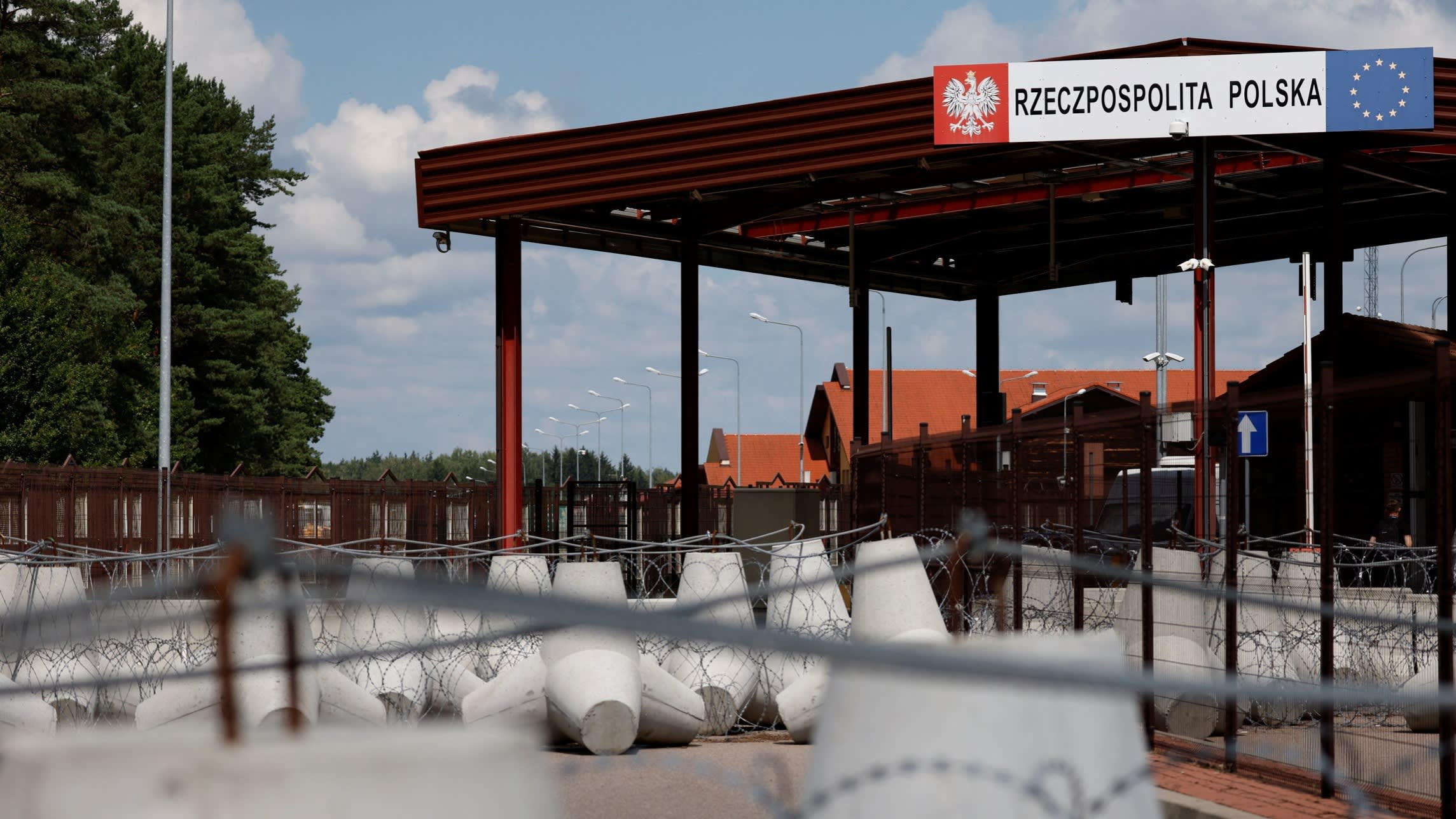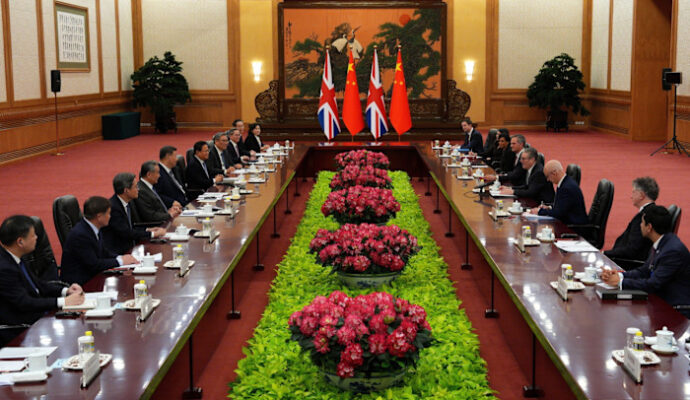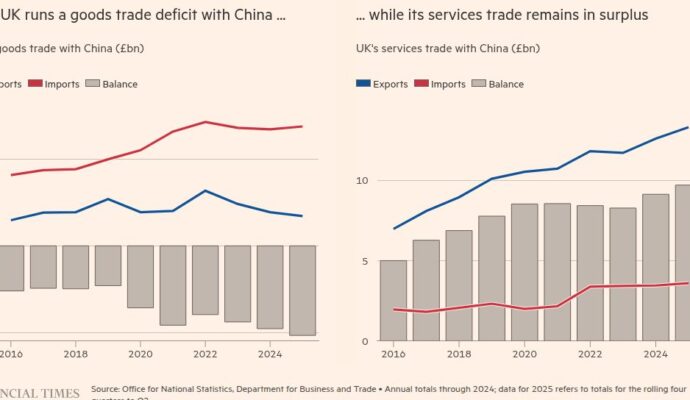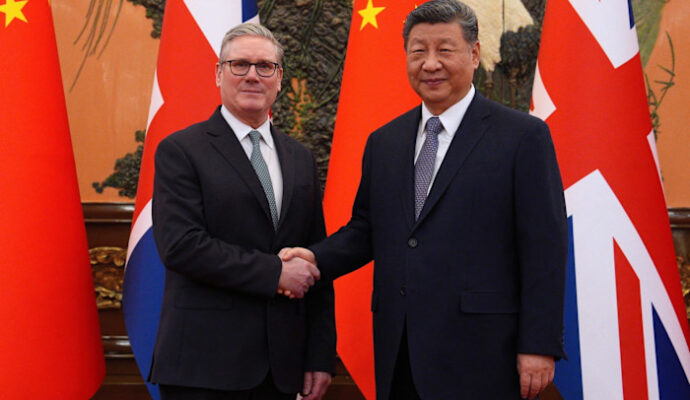
Unlock the Editor’s Digest for free
Roula Khalaf, Editor of the FT, selects her favourite stories in this weekly newsletter.
Poland is restoring a Belarus border crossing vital to China’s main overland trade route to Europe, almost two weeks after it was closed over security concerns that escalated when Russian drones entered Polish airspace.
Polish Prime Minister Donald Tusk said the crossing, which was first closed ahead of Russian-Belarusian military exercises, would reopen at midnight on Wednesday evening.
’’This measure has served its purpose,’’ Tusk said. ‘‘If there is a need, if tensions increase or the aggressive behaviour of our neighbours increases, we will not hesitate and we will make appropriate decisions.’’
The military drills ended last week, but the closure was extended after Nato planes shot down Russian drones that entered Polish airspace, in the most serious confrontation between the US-led military alliance and Russian forces since Moscow launched its full-scale invasion of Ukraine in 2022.
Tusk noted that Nato allies had reinforced their presence in his region. He said that a military mission launched in response to the drone incident — Eastern Sentry — ‘‘increases the sense of security”.
The Belarus crossing is important for China’s strategic train route. The connection offers exporters a faster alternative to sea freight which accounts for most Chinese exports to Europe.
Traders in China complained that their goods had been left stranded by the closure. “Many clients who usually prefer railway have been choosing ocean shipping instead,” said a representative at Shenzhen-based Yuefeng International Logistics ahead of the reopening. He said rail shipments from China to Europe take around 30 days, against 40-50 days by sea.
The Terespol-Brest railway crossing used by Chinese exporters was among a handful of rail and road crossings that were closed before the war games and will now be reopened.
About 1,500 trucks and buses were also stranded on the Belarusian side of the border last week because of the closure, according to the Polish road transport authority. Meanwhile, Chinese trains got stuck at the Belarusian station of Brest.
The decision to close the border led to speculation that Poland and Europe might also be seeking to put pressure on China over its tacit support for Russia’s war in Ukraine. Chinese companies have been filling gaps in Moscow’s economy left by western groups.
Filip Jirouš, a China analyst and researcher at the University of Basel, said that while the railway closure would have irritated China, it would be unlikely to seriously alter the strategic direction of Beijing’s policy on relations with Moscow.
“It’s something. But I’m not sure if this is enough,” said Jirouš on whether keeping the railway open offered Europe any leverage over China.
Rail shipments have been driven by Chinese ecommerce platforms such as Temu and Shein, which expanded rapidly in Europe after US President Donald Trump curtailed their access to the American market by scrapping a tax exemption on shipments of small parcels.
On Monday Belarusia’s President Alexander Lukashenko told Li Xi, a senior Chinese official who was visiting Minsk, that Poland’s border closure was “an unfriendly move against China,” according to Belta, the Belarusian state news agency.


